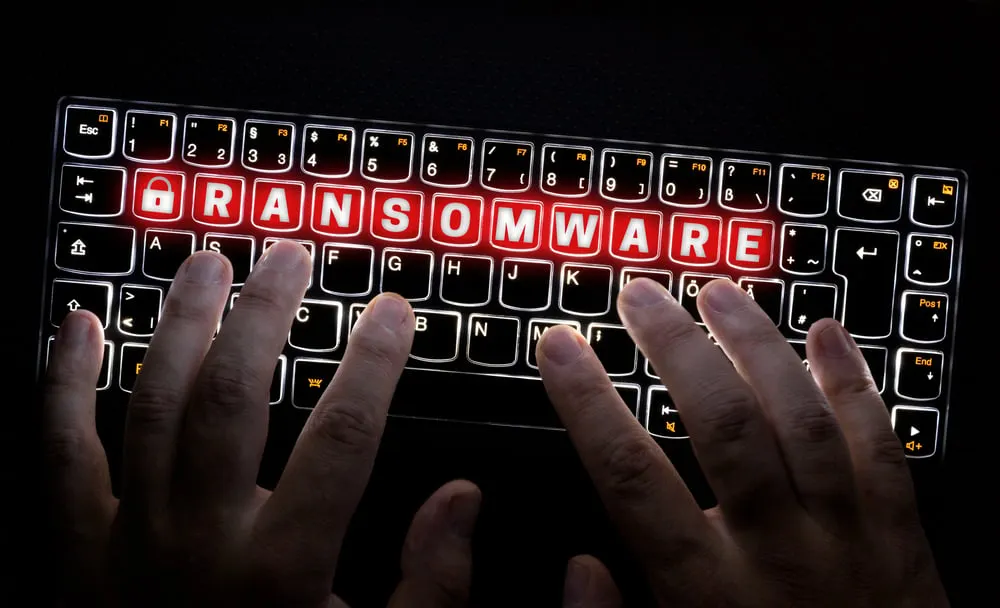In brief
- A hacker group has been launching ransomware attacks and donating their takings in Bitcoin to charity.
- The hackers used Bitcoin charity donation service The Giving Block to make the donations.
- Ransomware attacks cost businesses up to $170 billion in 2019, taking into account the ransoms and ancillary costs.
A hacker group has extorted millions of dollars from various companies and donated its ill-gotten gains to several charities, claiming to have done so in order to “make the world a better place.”
The hackers, reportedly from the ransomware group Darkside, have employed the time-tested strategy of their profession: targeting large, profitable companies and holding their IT systems hostage until a payout is made in Bitcoin. This strategy was made (in)famous during the 2017 WannaCry attack that crippled the UK’s National Health Service.
Ransomware “Robin Hood” raises a moral dilemma
With the ransoms being donated to charities, it’s raised a moral dilemma among the recipients.
Some onlookers have attempted to see the positive side. “The notion of a 'hacker' accumulating Bitcoin and trying to donate to charity is an honorable one,” Charles Storry, co-founder of PhutureDAO, told Decrypt. “It's a shame the charities are giving back the Bitcoin, ultimately, it should be put to good use with these supposedly 'caring' organisations.”

However, others found the hacker group’s strategy to be less effective—or honorable.
“I think it's possible that Darkside are really trying to make a genuine statement about wealth redistribution from rich to poor,” Jason Deane, Bitcoin analyst at Quantum Economics, told Decrypt. “Some may even think it is admirable, but the reality is this has not been well thought through.”
Deane pointed out that stolen funds are unlikely to be accepted by charities and will likely find their way back to the companies they came from to start with.
Who has received donations from the hackers?
Two unwitting recipients of the stolen funds are Children International, who work to end poverty around the world, and The Water Project, who aim to provide access to clean water across sub-Saharan Africa.
The monies were paid to the charities using a US-based service called The Giving Block, a “non-profit specific solution for accepting crypto-currency donations.”
The Giving Block has reportedly said it is “still working to determine if these funds were actually stolen,” adding that “if it turns out these donations were made using stolen funds, we will of course begin the work of returning them to the rightful owner.”
In traditional finance, charities are expected to abide by certain regulations to defend against donations being made with stolen or dirty money, but this itself points to an ongoing tension.
“Anonymous donations (even in traditional fiat currency) have been a cornerstone of the whole giving process since forever, so why should crypto be different?” said Deane, adding that this is a “bigger, broader question for the authorities to try and find and answer to.”
How much do ransomware attacks cost?
Ransomware attacks are a costly business; in 2019, these attacks cost victims up to $170 billion, with most ransoms now paid out in Bitcoin. But the ransom is only a fraction of the total cost to businesses, with victims facing additional costs in the form of company downtime and dealing with the attack itself.
They aren’t victimless crimes, either; as well as companies, in the past year ransomware attackers have targeted electricity producers, nursing homes and even international borders.

